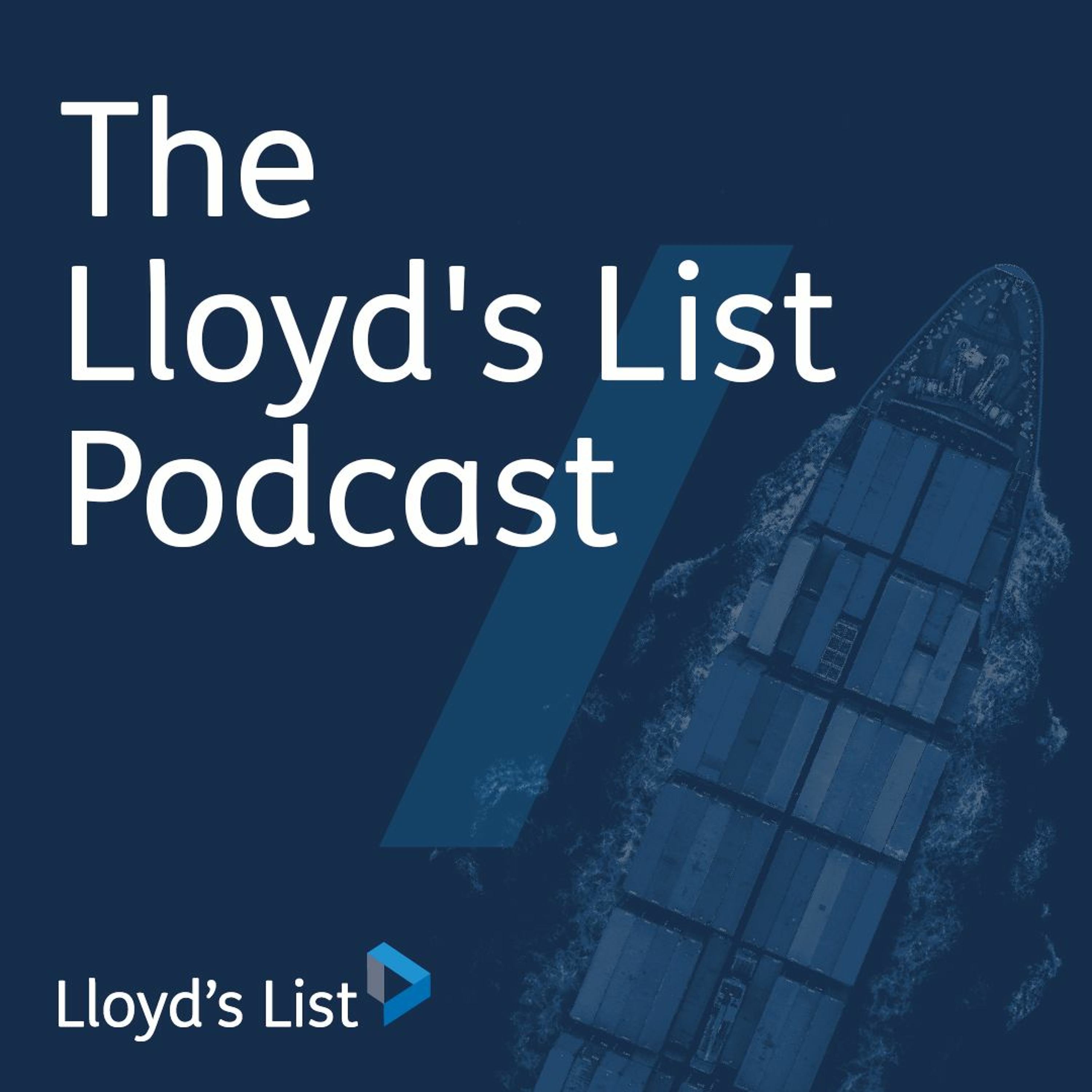
The Lloyd’s List Podcast: How to de-risk the future of shipping
Lloyd's List: The Shipping Podcast
Shownotes Transcript
The podcast this week features highlights from our live innovation webinar hosted by Lloyd’s List Editor Richard Meade on Thursday 27 October.
The full recording of the webinar is available on demand, just register here: https://bit.ly/3zkdtue
The webinar features: - Leslie Dang, Managing Director, Singapore at Nautilus Labs - Osku Kälkäjä, Head of Digital Business at ABB Marine & Ports - Gary Noonan, Head of Transition Technologies at Ardmore Shipping Corporation
Innovation webinar key takeaways:
• Shipping is some way off reaching an innovation tipping point Innovation in shipping continues to be limited to siloed pockets of early adopters. For innovation to spread across the industry a tipping point is required, from there change will accelerate. Innovators and early adopters will help the industry reach the tipping point, but small private owners may ultimately benefit from the economies of scale driven by the early majority. The risk of expensive failure is high and most owners are in a race to be second when it comes to R&D.
• Scalability matters, but size is not a blocker to innovation Technology is not a major concern - the major breakthroughs shipping is waiting for are around scalability and availability. But companies need to be set up for change. Larger companies are leading innovation and are better equipped to adapt. Smaller companies in general tend to struggle more, but can adapt to the evolution of owner/charterer relationships with more data transparency and collaborative decision making.
• A misalignment of incentives is hampering innovation Shipping’s traditional contractual structures limit the industry’s effort to reduce emissions, embrace collaboration and transparency and improve efficiency. However, CII and emissions trading will shift the conversation between owners and charterers and opens up the potential better incentivize a more innovative sharing of data and efficiency improvements,
• Companies and people need to change. The technology is ready. Digital Transformation is 10% digital and 90% transformation - it comes down to change management. You can’t expect shipping businesses to now change the way they’ve operated for centuries – but you can walk the path with them.
• Lack of standardization must be worked around The lack of standardization makes it more difficult, sometimes impossible, to use the best data possible to drive decisions because the best possible data is not consolidated and available for use. Rather than focusing on closing this data standardization gap, the focus should be on availability and usability. Are the companies that claim to drive data awareness and insights in the industry partnering with each other? Is one of their primary initiatives to make sure data is available and usable for clients and partners? Every shipping business operates differently so there is no one size fits all solution for any problem.